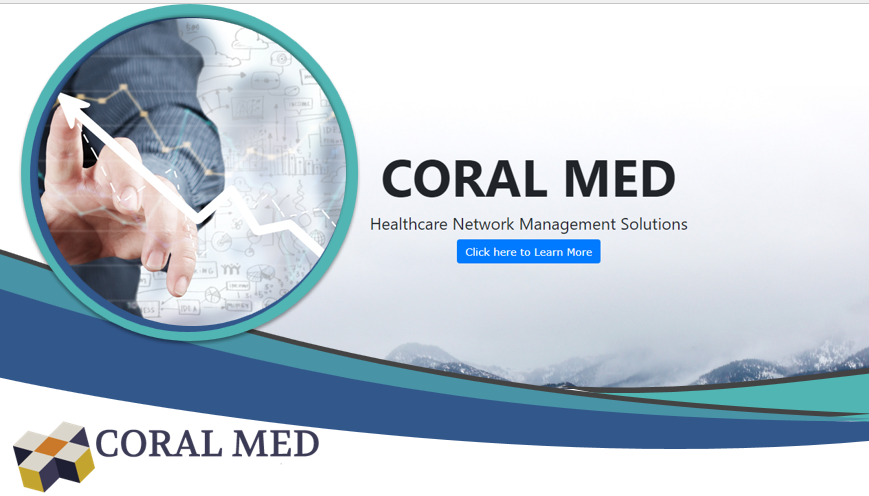
Data Quality Frameworks and Best Practices
$15.00Format: On demand
Duration: 200 Mins
Instructors: Coral MED
Learning Credits: 0.2 CEU
*This course was updated on Oct 31, 2025.
Description
This unit provides an in-depth exploration of data quality frameworks and best practices used to manage and sustain high-quality healthcare data across systems and organizations. Learners will examine how structured approaches such as ISO 8000 and Six Sigma support the development of robust data quality management processes that enhance accuracy, consistency, and reliability.
Define and describe key data quality frameworks, including ISO 8000 and Six Sigma, and explain their relevance to healthcare data management.
Explain the role of data governance and stewardship in maintaining consistent, high-quality data across healthcare systems.
Apply the Six Sigma methodology (DMAIC) to identify, measure, and improve data quality processes within healthcare organizations.
Analyze the relationship between data quality management, regulatory compliance, and operational efficiency, identifying challenges and areas for improvement.
Evaluate data quality practices using audits, monitoring tools, and performance indicators (KPIs) to assess compliance with frameworks such as ISO 8000 and Six Sigma.
Develop a data quality improvement plan (DQIP) that incorporates best practices for validation, standardization, and continuous monitoring.
Integrate technology-driven solutions such as automated data validation, dashboards, and quality assurance tools to enhance data accuracy and support evidence-based decision-making.
Upon successful completion of this unit, learners will be able to:
Define and explain key data quality frameworks such as ISO 8000 and Six Sigma, demonstrating understanding of their application in healthcare data management.
Interpret and discuss the principles of data governance and stewardship, linking them to sustainable data quality management and compliance efforts.
Apply the Six Sigma DMAIC process to healthcare data scenarios, identifying and addressing data quality gaps.
Analyze healthcare datasets and processes to identify sources of data inaccuracy, inconsistency, or incompleteness, and propose corrective actions.
Evaluate the effectiveness of data audits, reviews, and continuous monitoring systems in maintaining data accuracy and regulatory compliance.
Design and implement a basic Data Quality Improvement Plan (DQIP) that integrates validation, standardization, and automation best practices.
Demonstrate proficiency in using data quality management tools and dashboards to measure, monitor, and report on healthcare data performance indicators.
Justify how data quality frameworks improve clinical decision-making, operational efficiency, and patient outcomes within healthcare organizations.
There are no formal prerequisites for this unit. However, learners will benefit from:
A basic understanding of healthcare data systems or prior exposure to electronic health records (EHRs), data governance, or health information management concepts.
Familiarity with fundamental data management principles, including data collection, entry, and storage.
An interest in healthcare informatics, quality improvement, or regulatory compliance.
Follow Coral Plus LMS policies: participation, integrity, respectful conduct, HIPAA/privacy adherence, timely completion of assessments. 1. Participants should register in advance to receive access details. 2. Access links and passwords, if applicable, should be provided securely to registered participants. 3. Participants are encouraged to join the webinar a few minutes early to resolve any technical issues 4. Participants are responsible for ensuring a stable internet connection, compatible devices (computer, tablet, or smartphone), and recommended browsers. 5. A microphone and webcam may be required for interactive sessions. Please test your audio and video settings in advance. 6. The webinar may be recorded for educational purposes. 7. Recorded sessions may be shared with registered participants after the webinar. 8. Please be mindful not to share personal or confidential information during the webinar. 9. A detailed agenda will be provided, and each session will adhere to the schedule to cover all planned topics. 10. Time will be allocated for Q&A sessions and discussions. 11. A helpdesk or contact information for technical support will be provided during the webinar. 12. Common technical issues will be addressed at the beginning of the session. 13. Relevant resources, such as presentation slides or additional reading materials, will be shared after the webinar.
Health Information Managers responsible for data integrity, governance, and reporting within healthcare organizations.
Clinical Data Analysts and Quality Officers seeking to enhance accuracy, reliability, and consistency in patient and operational data.
Healthcare IT Professionals involved in implementing data validation tools, interoperability solutions, and automated quality monitoring systems.
Regulatory Compliance and Audit Specialists ensuring that healthcare data meets global standards such as HIPAA, GDPR, ISO 8000, and Six Sigma.
Public Health and Research Professionals who rely on high-quality data for surveillance, policy formulation, and evidence-based practice.
Students and Graduates pursuing careers in Health Informatics, Data Analytics, or Quality Management, who wish to gain practical understanding of how data quality frameworks drive better patient and operational outcomes.


